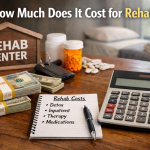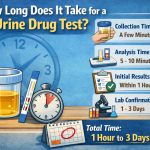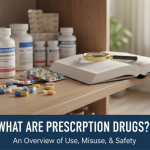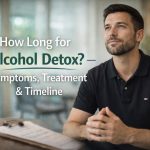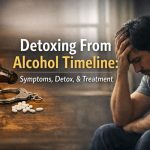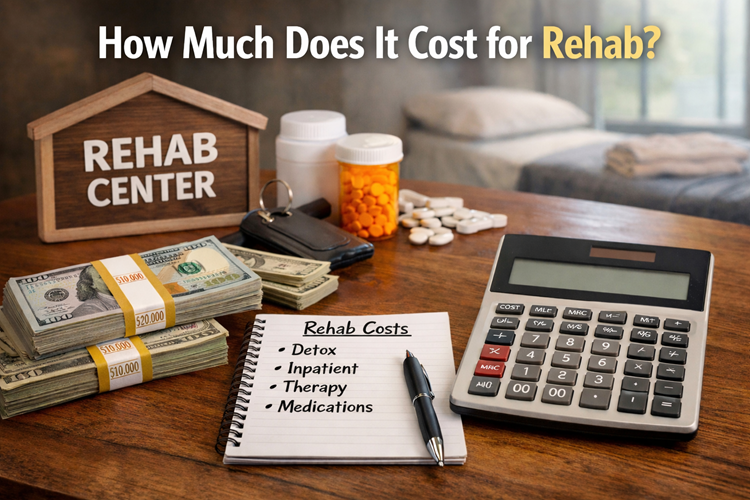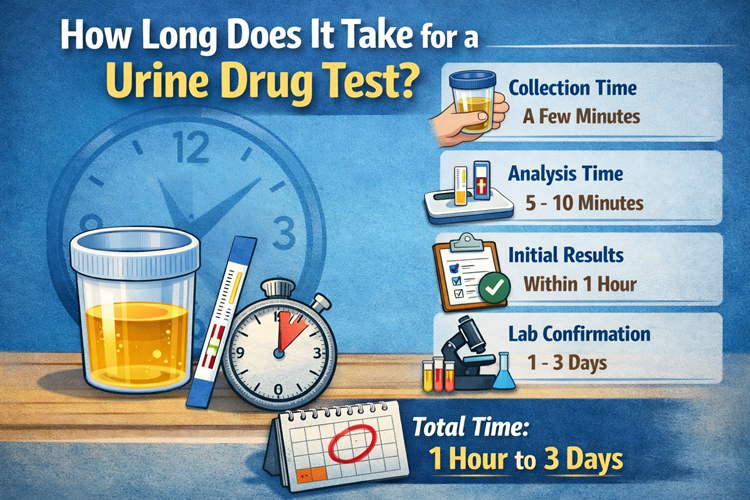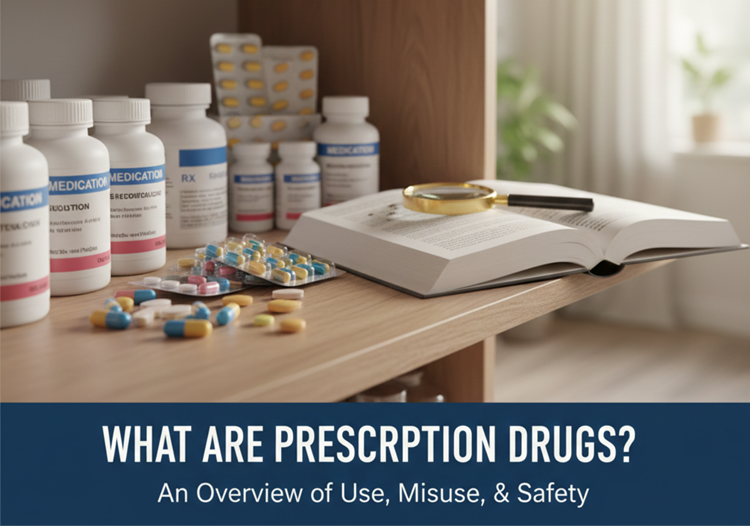Overview
ICD is a challenging psychiatric disease that can disrupt normal life, personal relationships, and well-being. Certain individuals affected by this condition believe that they do not have a control over their impulses to take risky or dangerous actions. Luckily, there are treatment and therapies that may allow people to be able to take the initiative and learn better coping skills and lead a better life.
This paper discusses the definition of impulse control disorder, symptoms of impulse control disorder, the therapeutic benefits of the impulse control disorder and the most effective types of treatment that are used to treat impulse control disorder.
What is Impulse Control Disorder?
A variety of mental health conditions in which the sufferers cannot resist impulse or temptation that can cause harm to themselves or other human beings are referred to as impulse control disorder. ICD behaviors are repetitive (the reverse of the decision-making gap) and are normally associated with some psychological or neurological problem.
Impulse control disorders that are common include:
- Kleptomania: compulsive robbery.
- Pyromania: inability to control the urge to burn.
- Intermittent Explosive Disorder (IED): anger, or aggression.
- Compulsive Gambling: frequent failure to cease gambling despite the effects of gambling.
- Traction alopecia: trichotillomania.
Questioning what constitutes an impulse control disorder, one should keep in mind that the question is not about bad habits, lack of willpower, etc. only, but rather about a known mental health problem that should be supported by specialists.
What are the Symptoms of Impulse Control Disorder?
ICD is condition-specific; the following are the symptoms of ICD:
- Crazed unthinking libido to do bad.
- Release or contentment at the impulse acted upon.
- Regret, guilt or regret on doing it.
- Poor relationships as a result of errant/destructive behavior.
- Lack of ability to concentrate or to perform well in the work place, in school or in social life.
These impulsive control disorder behaviors are likely to form a loop of satisfaction and remorse which just keeps on growing with time as long as nothing is done about it.
100% Confidential Support is Available 24/7
No matter what you’re going through, you’re not alone. Our dedicated team is here to provide a safe, judgment-free space where you can talk openly and honestly. Whether you need emotional support, resources, or just someone to listen.
We’re here for you—completely confidential and always respectful of your privacy. Call us today!
Causes of Impulse Control Disorder
Impulse control disorder is not completely understood in terms of causes, but studies have identified both biological, psychological, and environmental factors as point to its causes.
1. Biological Causes
- Abnormalities in brain neurotransmitters, such as serotonin and dopamine, the mood and decision-making neurotransmitters.
- Genetic predisposition, i.e. a history of mental health problems in the family may be a risk factor.
- Neurological complications with the frontal lobe of the brain which controls oneself and makes judgments.
2. Psychological Causes
- Mental disorders like ADHD, bipolar disorder or depression.
- Weaknesses in handling emotions, stress or anger.
- Childhood trauma/abuse or neglect history that influences emotional regulation.
3. Environmental Causes
- Maladaptive life events like financial problems, turbulent relationships or work demands.
- Influence or exposure to destructive behaviors by peers.
- Absence of healthy coping skills to cope with daily problems.
This is imperative in order to enable the healthcare provider to develop a more effective and individualized impulse control disorder treatment plan.
Contact Solutions Healthcare
Battling with Drug and Alcohol Addition? Remember, you are not alone and we are here to help you!
What are the Benefits of Treating Impulse Control Disorder?
Treatment of impulse control disorder will lead to a life transforming experience. Some of these include:
- Better Relationships: Healthier relations with family, friends and workmates.
- Relations: Healthy relationships with family, friends and people in the workplace.
- Emotional Stability:The decreasing of stress, anxiety, guilt related to rash action.
- Superior Decision-Making: Training to respond to triggers and urges.
- Improved Mental Health: Reduced comorbidities, such as depression or drug addiction.
- Increased Life Satisfaction: Capability to have individual and professional goals and attain them.
When impulse control disorder is treated early in life, it will save emotional, social and financial losses in the long run.
Treatment: Therapy for Impulse Control Disorder
The psychological therapy, lifestyle change combined with medication is the most appropriate method to cure impulse control disorder in certain circumstances. Treatments include the following:
1. Cognitive Behavioral Therapy (CBT)
CBT is an extremely common impulse control disorder treatment. It allows people to see the unhealthy thinking patterns and change them with healthier patterns. CBT helps patients to build triggers, coping skills and relapse.
2. Dialectical Behavior Therapy (DBT)
DBT is emotion-oriented and mindful. It is particularly helpful when treating a patient whose impulsiveness can be explained by the inability to control his emotions. DBT is a process of becoming stress resilient, emotionally regulated and inter-personally enriched.
3. Group Therapy
Exposure to vulnerability in the group provides guidance, feelings of isolation are minimized and encouragement is received. Individuals affected by impulse control disorders also feel reassured that there are other people in this world who have the same problem.
4. Family Therapy
Since ICD mainly involves individuals close to the victim, family therapy may be employed in order to restore the relationship, improve the quality of communication in the relationship, and offer a conducive environment in order to enable the sufferer to recover.
5. Medication (if needed)
Otherwise, medication can also be used along with the treatment. Medication may be used to treat underlying symptoms resulting in impulsive behavior (antidepressants, mood stabilizers or drugs that reduce anxiety).
6. Holistic Approaches
Other strategies that may be added to professional therapy involve mindfulness, meditation, physical activities and stress coping strategies. The practices embrace self-understanding and emotional intelligence.
The therapy must be personalized with impulse control disorder treatment most effective when the treatment is specific to the symptom and trigger.

Conclusion
Nor is impulse control disorder a mere case of failure to say no, but rather a complicated mental health condition, which needs to be understood, sympathized and treated. The right combination of interventions CBT, DBT, support systems can help people understand how to manage their impulsions, unhealthy habits and live a healthier life.
Help should not be put off until it is too late. The distinction is that professional therapy can change something.
Now is the time to begin your road to recovery and call Solutions Healthcare (386) 866-3600.
100% Confidential Support is Available 24/7
No matter what you’re going through, you’re not alone. Our dedicated team is here to provide a safe, judgment-free space where you can talk openly and honestly. Whether you need emotional support, resources, or just someone to listen.
We’re here for you—completely confidential and always respectful of your privacy. Call us today!
FAQs About Impulse Control Disorder
What are the signs of impulse control disorder?
Its symptoms are uncontrollable urges, repetitive damaging behaviors, short-term satisfaction with impulse behaviors and guilt or remorse with the impulse behaviors. Such habits have a way of ruining relationships, money and health.
What are five impulse control disorders?
The five most common are: kleptomania, pyromania, intermittent explosive disorder, compulsive gambling and trichotillomania. They are both related to certain evil tendencies that pose interference to the normal way of life.
What mental illness is associated with impulsive behavior?
Impulsive behavior has always been a feature of such conditions as ADHD, bipolar, borderline personality, and substance use disorder. Even the impulse control disorders themselves are manifestations of it.
What is the difference between OCD and ICD?
Obsessive-compulsive disorder (OCD) is a repetitive thinking (obsessions) and action (compulsions) disorder that is an anxiety disorder. But when a person does something and fails to control the temptation to do it, and then regrets it afterward, the person has impulse control disorders (ICD).
How do you treat impulse control disorder?
Intervention (especially CBT and DBT) is typically combined with group or family counseling, lifestyle modification and occasionally medication. It will be possible to treat the symptoms only with the help of a customized therapy.







